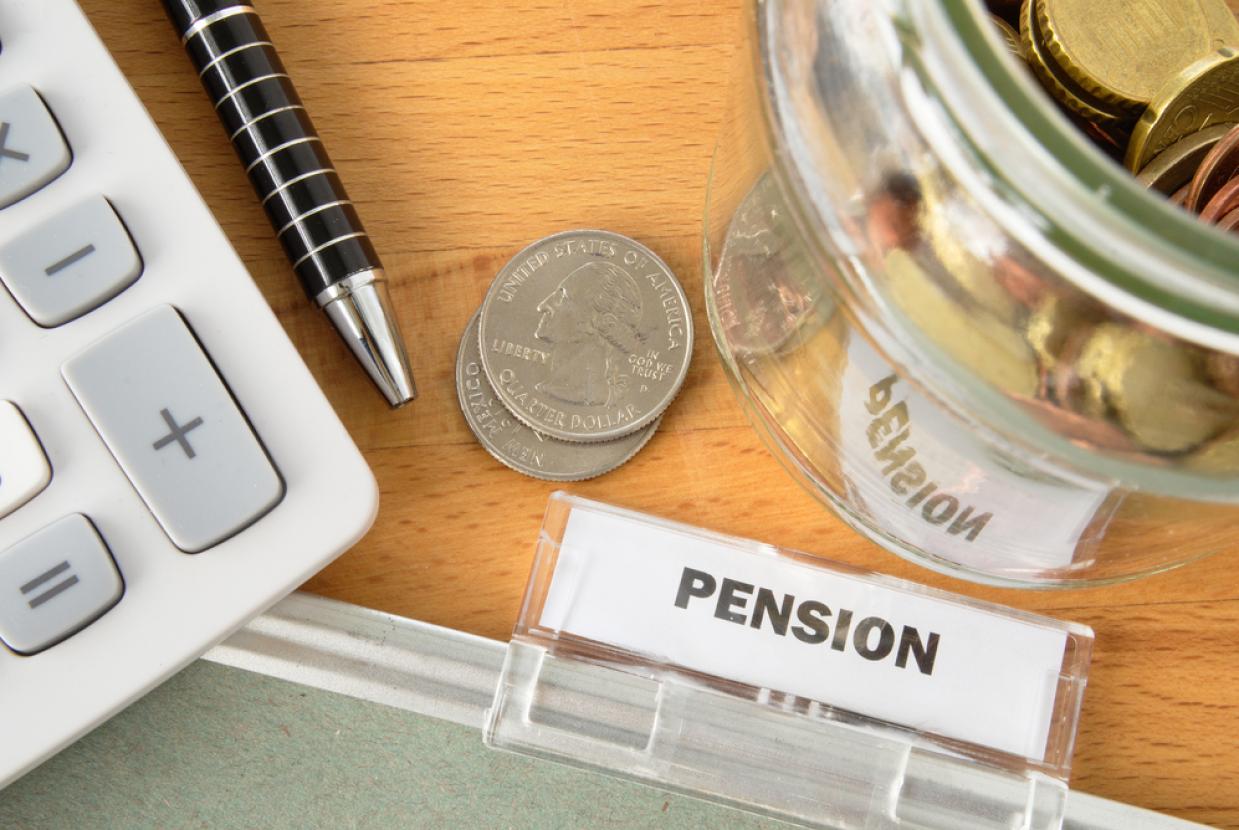Pension Basics
A pension scheme is simply a type of savings plan to help you save money for later life. And there are tax advantages compared with other types of savings.
A long-term savings plan
It makes sense to put some money away for when you’re older – and that’s what pension schemes help you do.
The definition of a pension scheme is it’s a type of long-term savings plan. And it’s a tax-efficient way to save money during your working life. You save some of your income regularly during your working life. This gives you an income in later life, when you want to work less or retire. That’s the meaning of pension – security when you’re older.
There are several types of pension schemes. Some might be run by your employer, others you can set up by yourself.
Saving into one scheme doesn’t mean you can’t save into another, or use other tax-efficient savings plans – for example, ISAs.
When the time comes for you to start enjoying your pension – you’ll have several options. These might include being able to take a tax-free lump sum, and the added security of being able to receive a regular income.
What’s the difference between a pension scheme and the State Pension?
How much State Pension you’ll get is based on your National Insurance contributions history. You can only claim your State Pension when you reach your State Pension Age.
A pension scheme is designed to give you an income, alongside the State Pension.
The new State Pension provides up to £179.60 a week (2021-22) – if you want more income than this, it makes sense to save into a pension scheme.
How do I know the amount of pension I’ll get?
This depends on whether you have a defined benefit or a defined contribution pension.
If you have a defined benefit pension scheme, you’ll get a set income. This is calculated based on your final pensionable salary (or your average salary over your employment) and years of pensionable service.
If you have a defined contribution pension scheme, you build up your own pot of money. The value of this pot can go up or down. But over the long term, pension savings usually grow and you can benefit from various tax advantages.
When you retire, the amount of income you get will depend on the size of your pot and how you choose to take money from your pension at that time.
Is it too late to start saving into a pension?
Regardless of your age, it’s always a good idea to save into a pension, particularly if your employer is also willing to contribute.
It’s also a tax-efficient way to save money, and you might be able to take some or all you save as a tax-free lump sum.
What if I die before I take my pension benefits?
In most cases, your pension scheme will provide benefits on your death. If you’re in a defined benefit pension scheme, your dependants might be paid an income.
If you’re in a defined contribution scheme, your dependants may be paid a lump sum. The lump sum is usually the value of your fund. They may also be able to use the money to take income regularly or as and when they want.
It’s important to check with your pension provider what death benefits might be paid.































